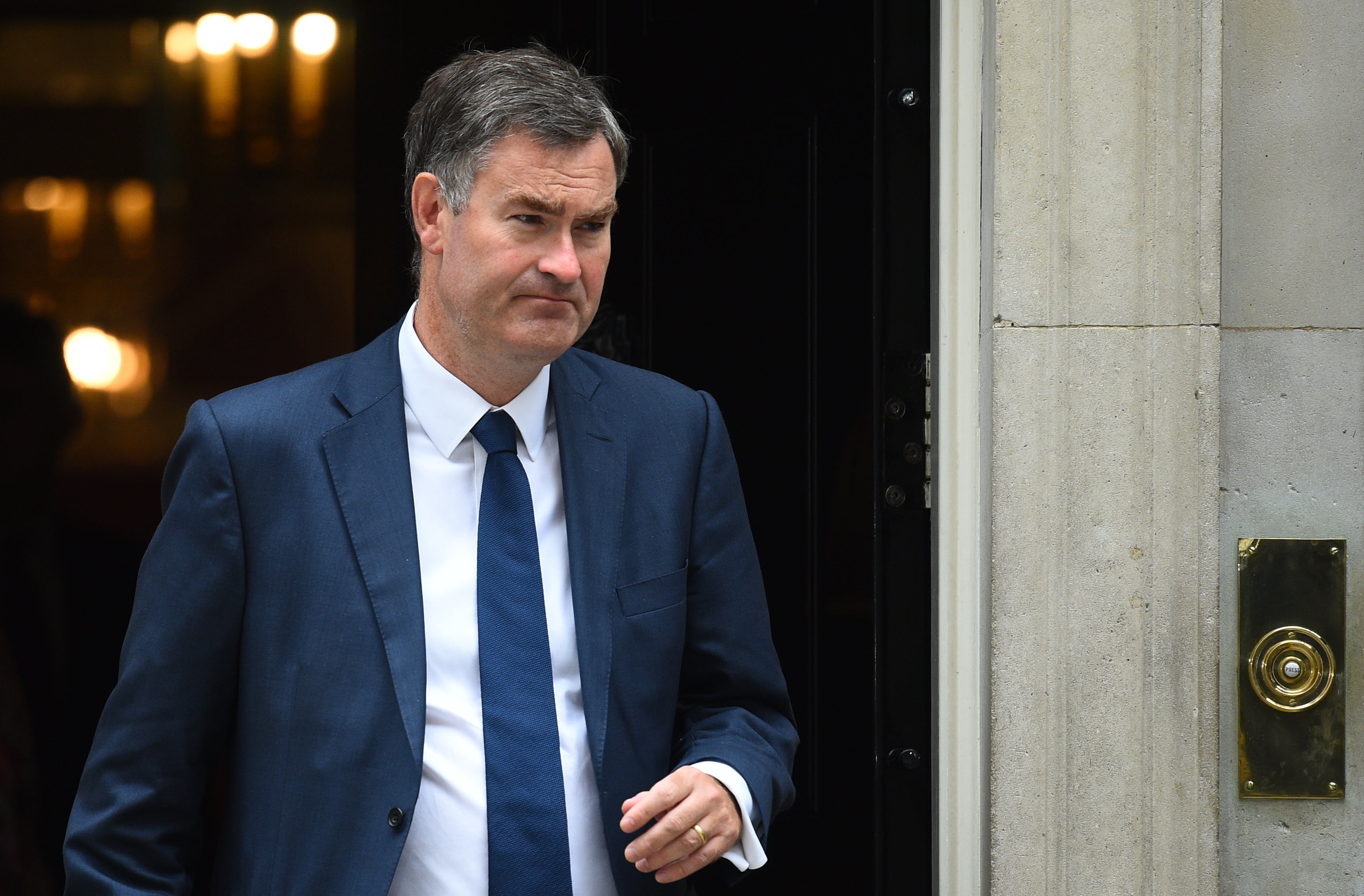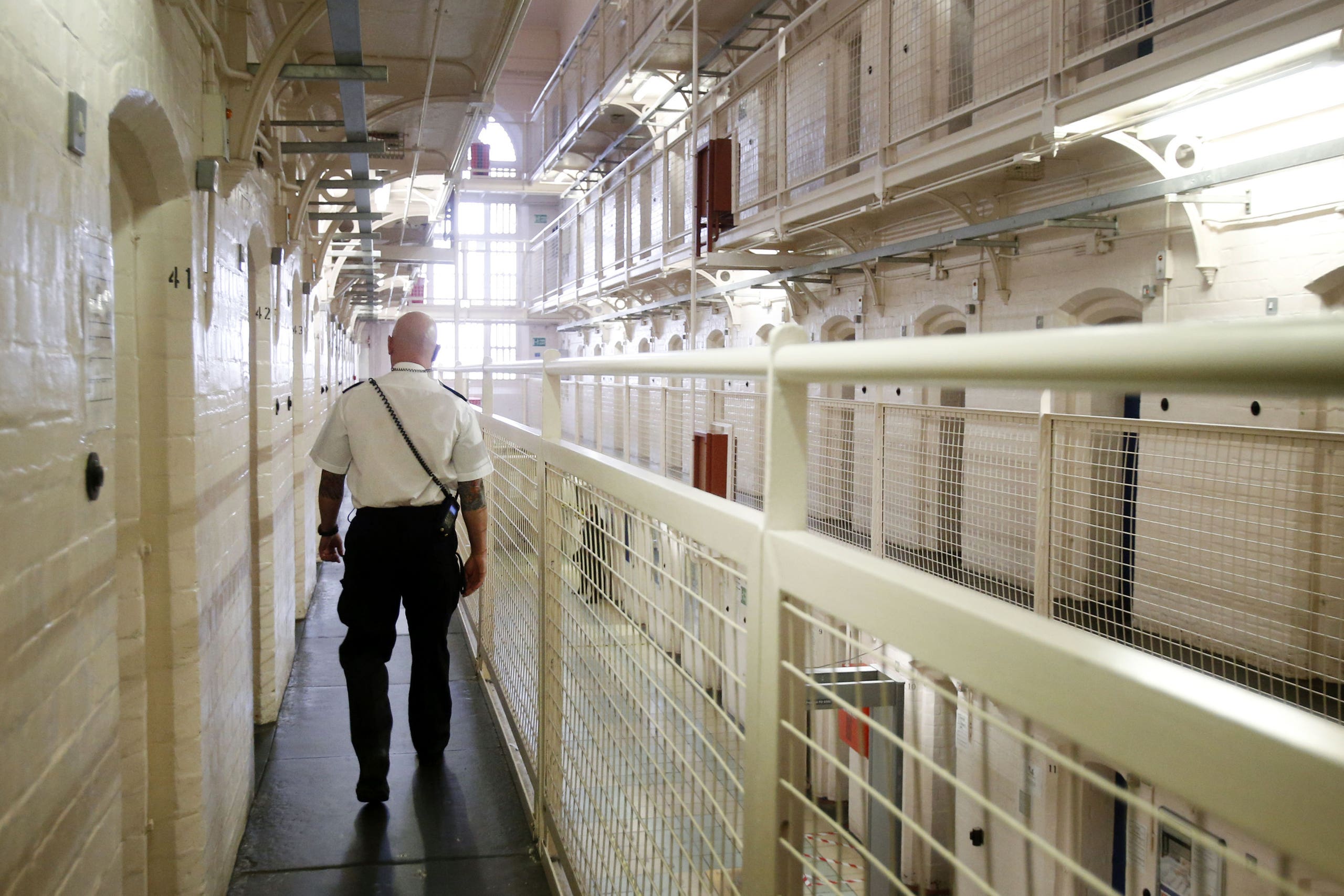The UK’s prison overcrowding crisis has been fuelled by politicians’ attempts to seem “tough on crime”, the man appointed by Labour to review prisons has found.
David Gauke, former Conservative lord chancellor, has said longer jail terms have been a “knee jerk” policy response to show government action, leading to an overwhelmed and ineffective system.
The report by the Independent Sentencing Review found the “unstrategic manner” of increasing sentences over decades has also meant ways to cut crime and reduce reoffending have been overlooked as other aims of sentencing criminals.
Mr Gauke, who has been put in charge by the Labour government to lead a review into prisons, published the findings on Tuesday.
The report explores what pushed the justice system to the brink of collapse, ahead of recommendations and proposals for reform to be announced in spring this year.
The analysis also found England and Wales have one of the highest prison population rates in western Europe.
The review’s report warned the cost of the increasing prison population has been “catastrophic” for prisons and probation services, as it has diverted resources towards emergency measures to respond to the record demand, instead of reducing reoffending and safety in the system.

open image in gallery
Mr Gauke said: “Last year we were confronted with the consequences of decades of haphazard policy-making and underinvestment in the criminal justice system – bringing it to the brink of collapse.
“For too long politicians have operated in a vacuum, increasing sentencing for individual crimes without considering the knock-on impact on the wider system.
“It is time to accept this does not deliver justice for victims, it fails them.”
The government launched the sentencing review to consider options to hand offenders tougher punishments outside of prison as part of efforts to ease overcrowding in October last year.
It comes after Labour began freeing thousands of inmates early in September 2024, to curb jail overcrowding in England and Wales by temporarily reducing the proportion of sentences which some prisoners must serve behind bars from 50 per cent to 40 per cent.
Prime minister Keir Starmer has previously said he had no choice but to cut jail time for prisoners as part of urgent efforts to tackle the overcrowding crisis, as he blamed previous government inaction for forcing him into the move.

open image in gallery
Mr Gauke added: “It is clear that in order to address the capacity issues we face, we must have an honest conversation about who we send to prison, and for how long.
“Punishment will always be a central aim of the criminal justice system, but it is not the only aim; and prison is not the only form of punishment.”
The report also flagged that despite the increase in putting criminals behind bars, the latest data shows that those leaving custody have the highest reoffending rates at 37.2 per cent. This goes up to 56.9 per cent for those with short sentences of less than a year in prison.
Introducing new offences and changes including mandatory minimum sentences and extended sentences has driven up terms, the report added, with many of the changes in response to tragic events that have led to inconsistencies and left victims with “a sense of injustice”.
It added: “While the report is clear that real-world cases should drive necessary change, the knock-on impact of such changes has not always been considered.”
Recall of offenders on licence back to prison was also noted as a key reason for the hike in the prison population, rising from less than 100 in 1993 to nearly 13,000 at the end of December 2024.
The review will also look at administration of sentences, including at what point offenders are released from prison, how long they are supervised in the community, and recall.
The Howard League for Penal Reform said the report supports what the charity has been saying “for many years”.
“Our overcrowded and violent prisons are breeding grounds for crime, while probation services are overstretched and under-resourced within the community,” the charity’s campaigns director Andrew Neilson said.
He added: “Action cannot come quickly enough if we are to achieve a sustainable and more effective course for prisons and probation in the future.”
Additional reporting by PA.


















